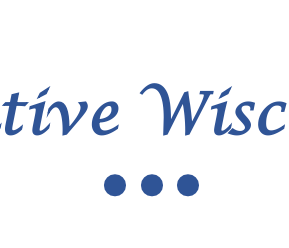- Bruce Campbell MD

- Dec 18, 2024
- 2 min read
Updated: Dec 23, 2024

It comes down to physics. Mathematics, really, since mathematics is the ultimate source of physics.
Snowflakes form high above the earth, or so it seems as we look up. The droplets, responding to the immutable call of planetary gravitational pull, physical properties, and differential equations, accelerate toward the ground at 9.75m/s2, their descent modified by friction, wind resistance, temperature zones, and air density. Each flake—we learn as children—is different. They swirl, congeal, change form, glide into others, drift apart, reconstitute, and continue their mute, unhurried, circuitous journeys, completely at the mercy of physics.
As each snowflake strikes the ground, it loses potential energy, releasing heat and creating an infinitely tiny sound. I perceive neither that sound nor the heat. Yet, they exist.
The wind, pneuma, which responds to the variability in air pressure at different points across the planet's surface, pushes the snowflakes back up into the air, down the block, across a field, over the river, and toward the playground. The flakes soar and dip, reborn now with new forms and with new natures.
The principles of fluid mechanics modify the wind as it rushes past the flagpole, around the school building, and through gaps in the hedge. The Bernoulli effect—working with gradients in temperature, air resistance, and surface tension—sends the snowflakes into frenzies of back-and-forth movement across the hard, cracked, uneven asphalt surface.
The wind slows and the world quiets. The sun emerges. The ground is covered with sparkling patterns of ripples. Undulating, sculpted, repeating hills and valleys. The razor-sharp peak of each tiny hill rises from a neighboring, intricate valley below. Up and down. Gathered and scattered. Here and not there. Yes and not yes.
Careless, intricate, shifting patterns dance across the ground. Designs morph at the faintest touch of a breeze.
I am astonished by the hidden mathematical complexity in this unnecessary loveliness. It is all physics, after all, just as is the curl of the ram’s horn or the snail’s shell. The brush of a moth’s antennae. The wrinkles in the road. The flash and swirl of a thousand luminescent fish. A flock of geese condensing and dispersing. Every point of light in the sky.
I am lost in wonder and mathematics once again.
__________
Thanks to the Warehouse Writers in Eagle River, WI. Happy holidays to everyone!
















